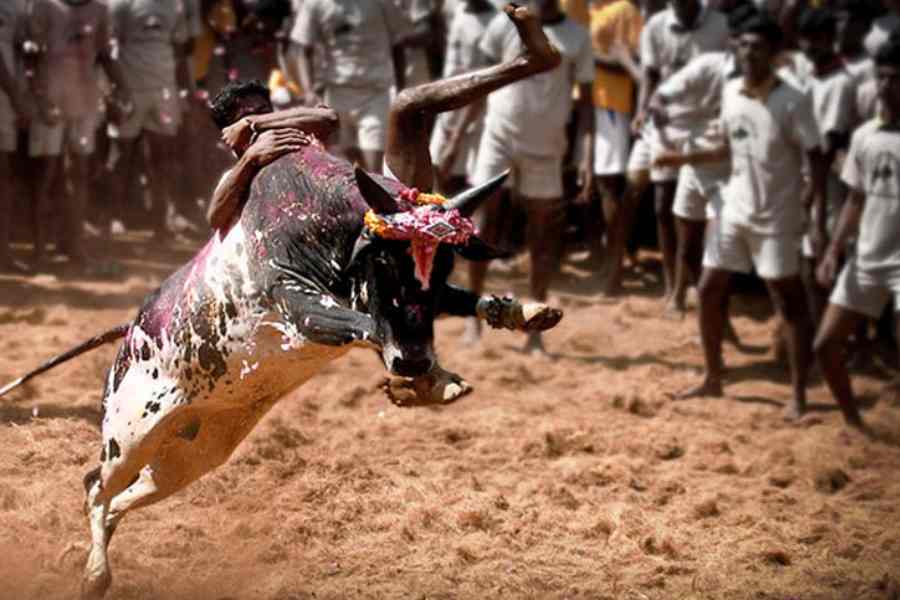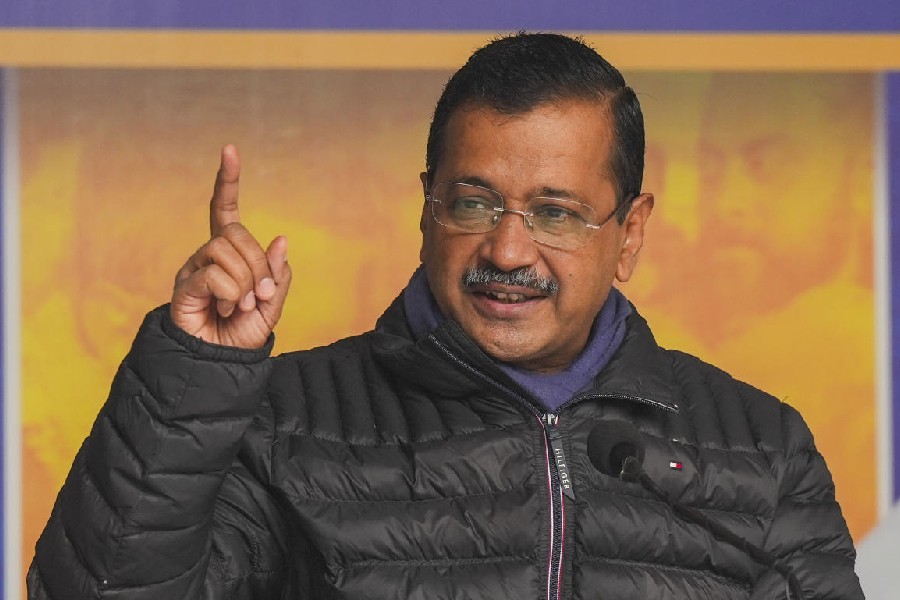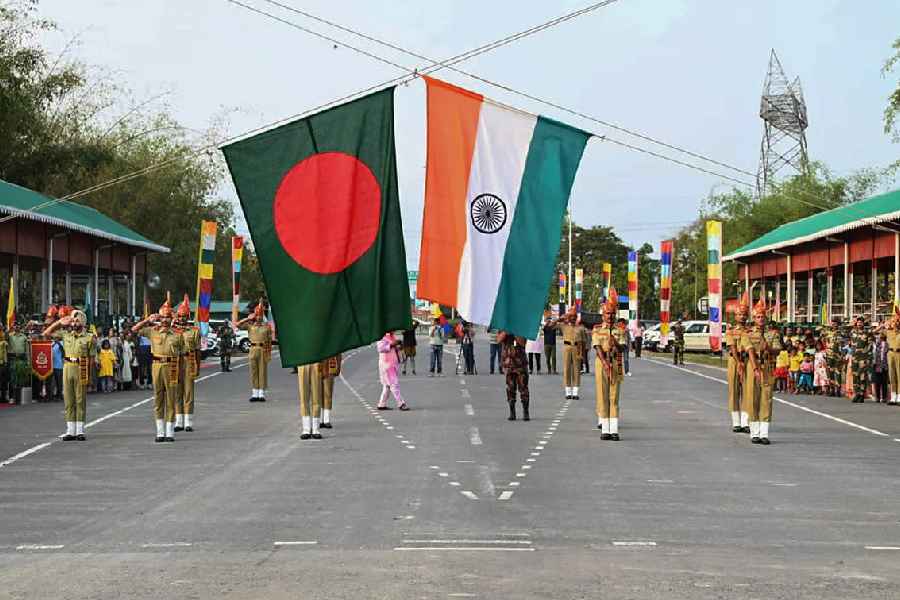The Jallikattu debate is a complex issue that raises questions about the preservation of cultural traditions vis-á-vis animal welfare. Jallikattu is a traditional bull-taming sport that takes place during the Pongal festival. It is considered to be a sport and a cultural symbol by some, but it has also been the subject of controversy due to the risk of injury to both bulls and participants.
Jallikattu was banned by the Supreme Court in 2014. But the Tamil Nadu government passed an ordinance in 2017 and, again, in 2019, making it legal. However, this legal recognition remains contentious as the Supreme Court has reserved its judgment.
In order for Jallikattu to be protected as a cultural right, the same has been provided in Article 29 of the Constitution, which refers to the rights of groups of people to maintain, protect, and develop their cultural heritage and traditions. Jallikattu is believed to have originated as a way of showcasing the strength of bulls that were central to the agricultural economy. Jallikattu is also an economic activity that generates revenue for the local community by enabling small businesses and vendors to sell their products and services. It is also contended that Jallikattu plays an important role in preserving local breeds such as Kangayam, Pulikulam, Umbalachery, Barugur, Alambadi and Malai Maadu. Also, in the T.M.A. Pai case, Justice Khanna had referred to the opinion of the Permanent Court of International Justice in the case of Minority Schools in Albania, wherein the advisory opinion stated that there should exist provisions or mechanisms through which minority groups can preserve the uniqueness of their distinct culture. Jallikattu should be protected as it is a unique culture followed by the people of Tamil Nadu.
But while Jallikattu may be viewed as a cultural right, it cannot override the principle of constitutional morality. Investigations conducted by PETA India have shown that the bulls used in Jallikattu were whipped, beaten and poked with wooden sticks. Their nose-ropes were reportedly yanked roughly, causing their nostrils to bleed, thereby violating Section 11 of the Prevention of Cruelty to Animals Act, 1960. The injured bulls then charged through the streets, frequently injuring onlookers and even goring some of them to death. According to information gathered by PETA, 86 people and 23 bulls have died since Jallikattu’s legalisation under the Prevention of Cruelty to Animals (Tamil Nadu Amendment) Act, 2017. An investigation by the Federation of Indian Animal Protection Organisations found there is no evidence to suggest that Jallikattu improves the genetic quality of the local breeds.
The Supreme Court has reserved its judgment in the Jallikattu case. But it cannot put a blanket ban on a long-established tradition. Tradition and culture can evolve and adapt to changing times and values, as has been observed in the case of the Gadhimai festival in Nepal. Traditionally, people believed that the goddess, Gadhimai, would fulfil their wishes if an animal was sacrificed in her temple. The festival was widely criticised by animal rights activists as over half a million cows, goats, chickens and other animals were sacrificed in 2009. However, with the efforts of the Nepal government and people’s cooperation, the first nearly animal-free Gadhimai festival was held in 2019, with a focus on cultural and religious events instead of mass animal slaughter. The festival continues to be celebrated without the blood and gore, thereby showing that tradition and culture can evolve with changing attitudes.
The key is to find a balance between preserving the traditional aspects of Jallikattu and adapting to changing sensibilities. However, even with strict guidelines and regulations in place, it may be difficult to eliminate animal cruelty from Jallikattu. This is because some people may not fully understand or agree with the concern for animal welfare. The challenge is to change this bullish outlook.
Basil Gupta is a student at the National Law University, Jodhpur











